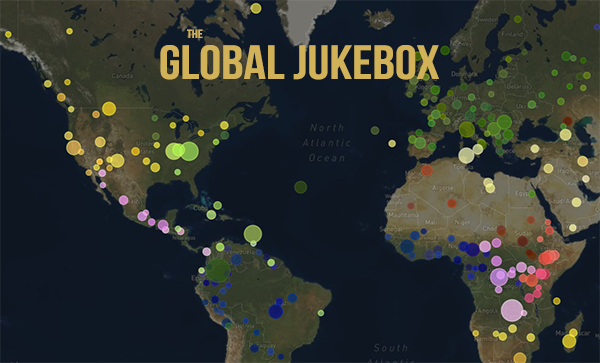Lerntransfer fördern
Lerntransfer fördern
Use culturally competent teaching practices
Use culturally competent teaching practices especially (but not only) when engaging students with diverse or potentially conflicting beliefs with scientific perspectives.
Use culturally competent teaching practices Weiterlesen »
Develop University-Assisted Community Schools
Develop University-Assisted Community Schools as an outgrowth of Educational Innovation Labs
Develop University-Assisted Community Schools Weiterlesen »
Explore possibilities to re-organize the scope or sequence of curriculum delivery to achieve valued improvements
Using an analogy of epi-genetic expression in relation to the cultural genome of the school curriculum, educators and school stakeholders (including students) may explore possibilities to strategically organize the scope or sequence of the curriculum for a give class, subject, grade level or grade band.
Diverse Intelligences Summer Institute
Exploring the origins, nature, and future of intelligences
Diverse Intelligences Summer Institute Weiterlesen »
Czaczkes, T.J. (2022) Advanced cognition in ants. Myrmecological News.
Interest in the advanced cognitive abilities of insects has grown rapidly over the past decades. However, most studies have taken place on a handful of model organisms: fruit flies, honey bees, and bumblebees. Ants are in many ways ideal models for the study of cognition, offering a wide range of ecologies, often coupled with ease of training and maintenance. This review aims to collate the often disparate research on advanced cognition in ants.
Czaczkes, T.J. (2022) Advanced cognition in ants. Myrmecological News. Weiterlesen »
The Global Jukebox
The Global Jukebox is a cross-cultural and interactive database of music traditions. Listen to songs from everywhere on Earth. Whoever you are, wherever you are, these are the voices of our parents and Old Parents, with us as we journey into new worlds.
The Global Jukebox Weiterlesen »



